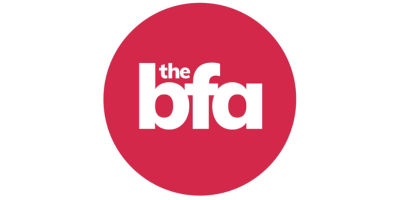The British Franchise Association successfully influences change for UK Franchisors in 2022

The New UK Block Exemption has been published by the Competition and Markets Authority and will come into force on 1st June 2022 with substantial improvements for UK franchisors.
Pip Wilkins, BFA CEO comments, “We have provided significant contribution during the consultation process and are satisfied that the final published version of the UK Block Exemption with its subsequent amends offers increased clarity to the benefit of the franchisor and franchisee relationship”
The British Franchise Association (BFA) along with trusted legal representative John Pratt, has been actively involved in consultations over the past 12 months and are pleased to share the improvements as follows:
• The terminology of “active” and “passive” sales remains. Basically “active” sales are pro-actively looking for customers and “passive” sales are responding to customer enquiries. Generally, franchisors can prevent “active” sales outside a franchisee’s exclusive territory but not “passive” sales. Websites continue to be treated as “passive” sales and so franchisees cannot be prevented from having their own website. Nevertheless, and helpfully, the UK’s block exemption contains definitions of what constitutes “passive” selling and “active” selling.
• A major problem with the EU’s block exemption, was that it only allowed post termination non-compete covenants in respect of franchises operating from premises and did not appear to include franchises operating from vehicles. It now does. Further, the in-term non-compete obligations which franchisors impose on their franchisees, can now extend beyond the five-year term in vehicle-based franchises where the franchisor owns the vehicle.
• A much more sensible definition of “know how” is to be used than in the EU’s block exemption. The EU required know how to be “secret, substantial and identified”. There were problems with that definition of know how. First the three criteria were hard to achieve and judges were generally poor at establishing whether those criteria had been met. As a result, franchisees argued that the franchisor’s know how – usually contained in the franchisor’s operations manual and in training sessions, did not comply with these criteria because post termination non-compete covenants would only be enforced if to do so was necessary to protect the franchisor’s know how. This simply complicated cases and relied on judges making an assessment on know-how which they were simply not in a position to do. Now the definition of “know how” is simplified to mean a package of practical information which is not generally known, but which is significant and useful to a franchisee. This will reduce uncertainty.
• The UK’s block exemption does not prevent information exchange between a franchisor and its franchisees even where a franchisor competes either online or through its own corporate businesses with franchisees. This is an issue that the European Commission continues to be uncomfortable about.
For further information about British Franchise Association, visit their profile.




